Removing Holi Color Stains: Safely Reviving Your Car`s Shine Post-Festivities
- Thursday | 14th March, 2024
On the road without a net: Understanding bike insurance fines for driving without a valid policy
- Thursday | 8th February, 2024
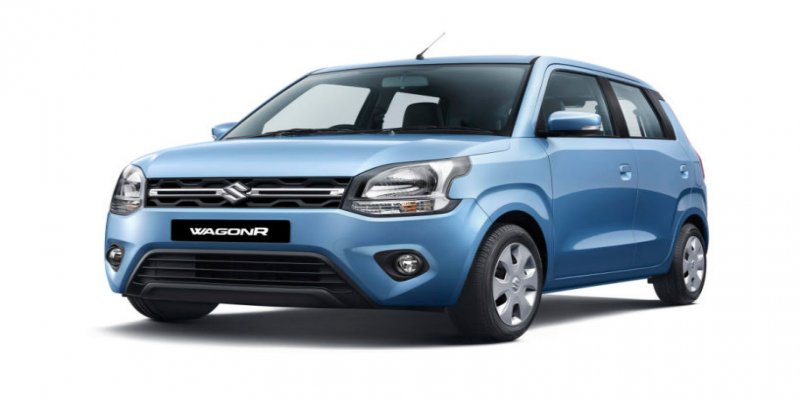
The third-gen Maruti Suzuki WagonR is bigger, safer and better equipped than ever!
Maruti has driven in the third-gen WagonR in India in the price range of Rs 4.18 lakh to Rs 5.69 lakh (ex-showroom, Delhi). It goes up against the newly-launched Hyundai Santro along with the updated Tata Tiago and the Datsun GO.
The third-gen WagonR shares its platform with the Ignis. It is bigger than the model it replaces and there’s a noticeable 35mm increment in the wheelbase. Thanks to the Heartect platform, the WagonR’s width has seen a significant increment of over 100mm compared to the second-gen hatchback.
| Dimensions | New WagonR | Old (VXI+, known as Stingray before) | Old (Lxi, Vxi) |
| Length | 3655mm | 3636mm | 3599mm |
| Width | 1620mm | 1475mm | 1495mm |
| Height | 1675mm | 1670mm | 1700mm |
| Wheelbase | 2435mm | 24000mm | 2400mm |
| Kerb Weight | Upto 845kg | Upto 895kg | Upto 890kg |
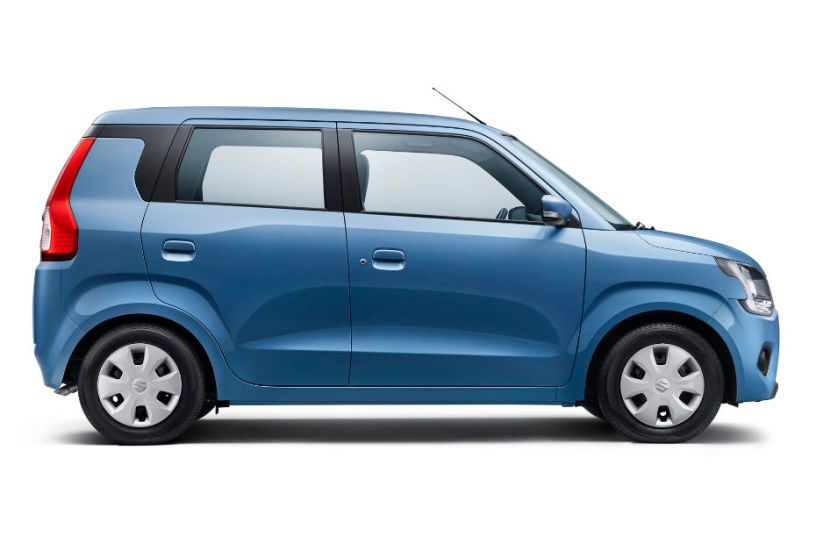
As seen with the previous-gen models, the third-gen of the nameplate has carried forward the tallboy design philosophy. While it has been completely redesigned, it still has a boxy appeal but it hardly resembles its predecessors.

There’s the relatively flatter front fascia which sits low with a nearly-flat bonnet. The increased width is accentuated by a sleek rectangular grille, which is flanked by chunky headlamps. Maruti no longer offers the blue tinted parking lamps that were seen on the second-gen model.

Like most hatchbacks in the segment, the WagonR too features multi-reflector headlamps. The Tata Tiago is the only rival that comes with dual-barrel projector headlamps in this space.
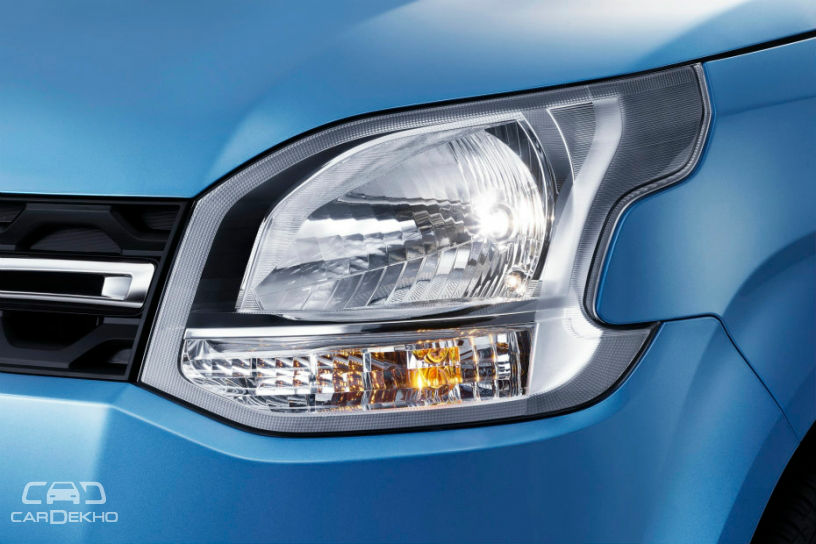
The new WagonR rides on same 14-inch wheels, but with wider 165/70 cross-section tyres as opposed to 155/65 cross-section tyres on the previous-gen model. The base-spec L variant continues to offer 13-inch wheels, but with 155/80 cross-section tyres compared to 145/80 before. Maruti is offering alloy wheels as optional this time around, just like what Hyundai did with the Santro.
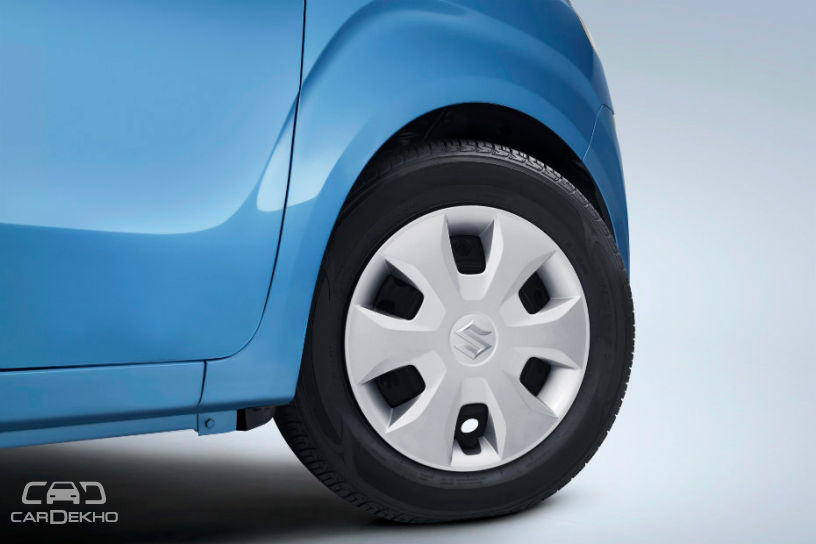
The WagonR has always been plain-jane when it comes to character lines on the side profile and the third-gen model is no different. That said, Maruti has added a subtle waistline and prominent creases on the wheel arches. There’s also a black plastic applique on the c-pillar that makes the roof look floating.
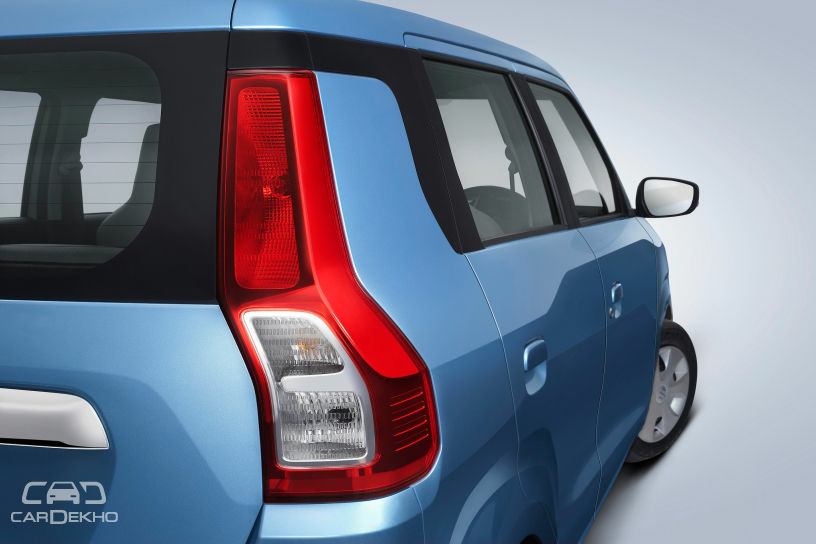
Like the front, the rear profile is also nearly flat; the rear windscreen has a miniscule rake. The licence plate is on the boot lid, as before, and the tail lamps appear to be inspired by Volvos. The rear bumper doesn’t feature a fog lamp, which was present on the previous model.

On the inside, the dashboard has been completely redesigned and features a dual-tone black and beige layout with silver accents.

Maruti promises that the front and rear seating space has been increased by 120mm compared to the second-gen model. Moreover, there’s a 30mm increase in the overall wheelbase with a 20mm increase in the front row space. So, it does seem to be a relatively spacious offering, but we’ll have to wait for our internal test figures to find out how it compares against rivals.
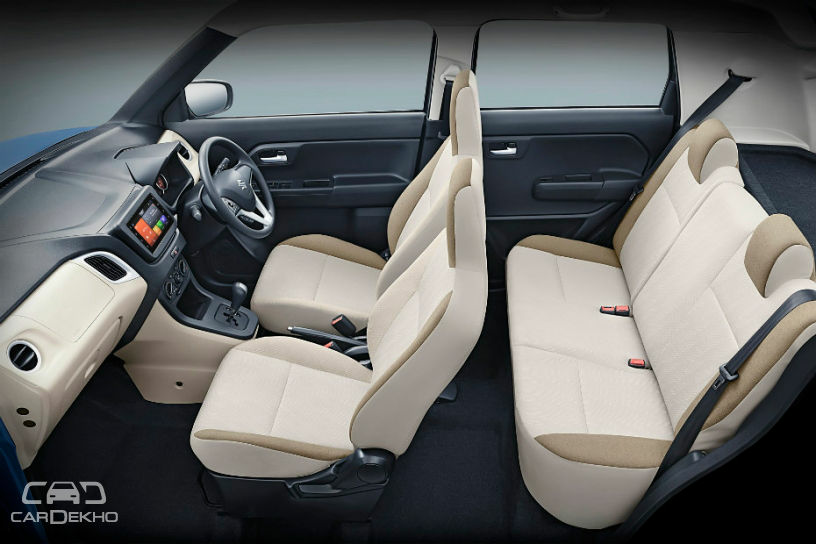
There’s a 7-inch SmartPlay Studio infotainment that Maruti has debuted with the WagonR. The Harman-sourced unit will be gradually introduced in all Maruti cars, replacing the previous Bosch-sourced system. It features both Android Auto and Apple CarPlay along with Suzuki’s app support both for iOS and Android.
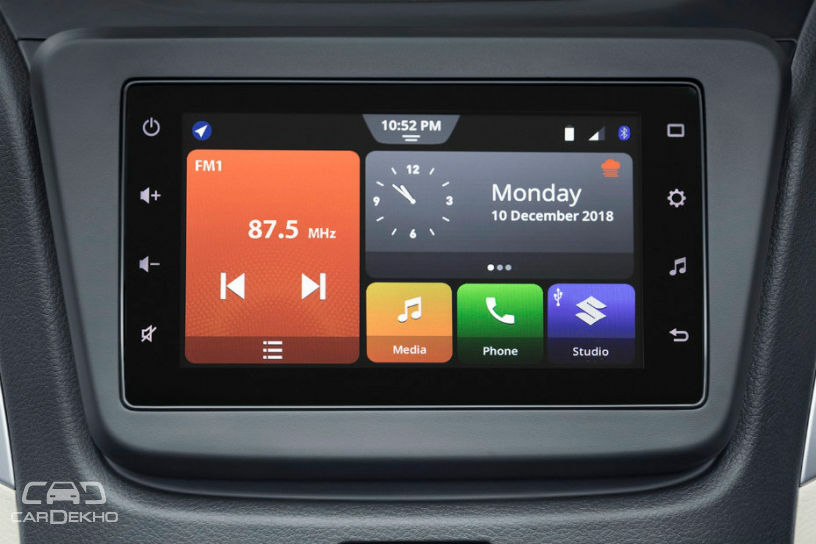
The seats are upholstered in beige and unlike before, the third-gen WagonR doesn’t come with adjustable headrests for both front and rear seats. There`s a healthy 161-litre boost in the overall boot space with third-gen model as it now stands at a whopping 341-litre (expandable upto 710 litre).
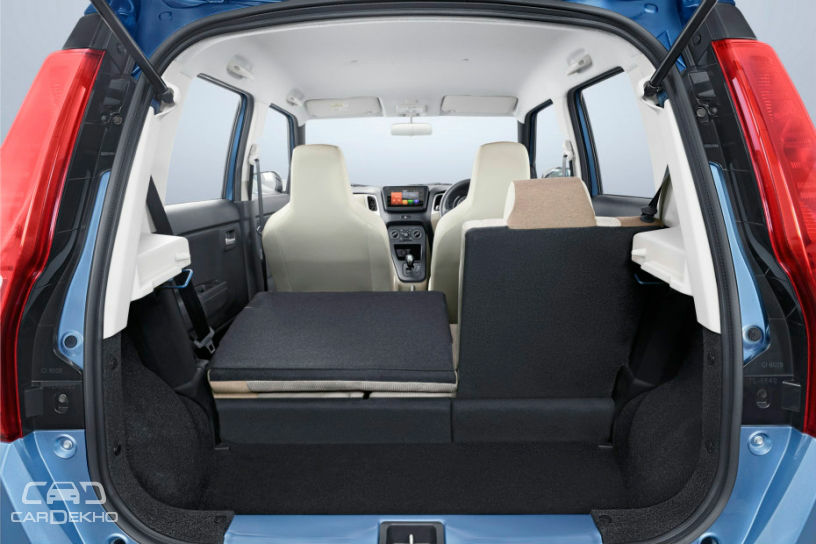
The WagonR is powered by a set of petrol engines with both manual and AMT options. While it carries forward the existing 1.0-litre 3-cyl engine (68PS/90Nm), there’a new 1.2-litre 4-cyl engine (83PS/113Nm) shared with cars like the Swift and Baleno.

Your support to NYOOOZ will help us to continue create and publish news for and from smaller cities, which also need equal voice as much as citizens living in bigger cities have through mainstream media organizations.
